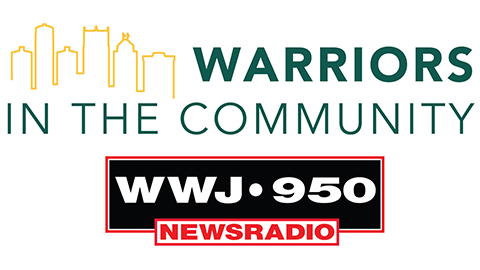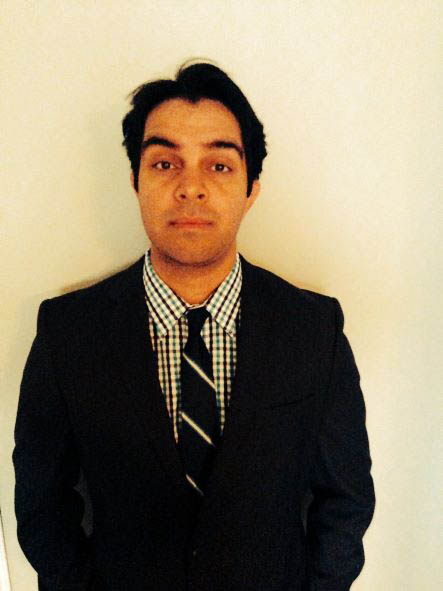
Warriors in the Community is a radio segment that features short, insightful interviews with key figures from Wayne State University about the many ways in which the university and its programs make a positive impact on the metro area and on the lives of Detroiters.
Episode 33 takes a look at WSU's involvement with the Michigan Poison & Drug Information Center at the School of Medicine and features School of Medicine assistant professor Dr. Varun Vohra, who serves as the managing director of the center.
A nationally-accredited poison center with America’s Poison Centers, the Michigan center provides free expert medical advice to the state, public, hospitals, EMS professionals and all health care providers in Michigan regarding poison-related emergencies.There are 55 poison control centers in the United States; the only one in the state of Michigan, established in 1958, resides in Detroit and is run by Wayne State University.
Announcer: This is Warriors in the Community, brought to you by Wayne State University. And now, to learn about how Wayne State is positively impacting our communities, here's Darrell Dawsey.
Darrell Dawsey: Today, I'm talking with Varun Vohra, PharmD, WSU professor who is the director of the Michigan Poison and Drug Information Center, a nonprofit that promotes poison prevention by providing high quality toxicological expertise. Welcome, Varun.
Varun Vohra: Thank you.

Darrell Dawsey: Tell us a little bit about some of the biggest issues that you deal with in terms of what our communities are facing.
Varun Vohra: The main issues that we run into, of course, as a poison center are exposures to medications, prescription medications, illicit substances, drugs of abuse, etc.
So many of these, as you've seen in the news, involve things like fentanyl and other what we call "adulterants" for things, or contaminants that people do not expect to be in the mixture. A lot of overdoses unintentional exposures as well with children. So that's a big, big issue that we're always providing messaging and programming for.
To provide or advocate for safe storage of medications up and away and out of the reach of children. One of our biggest issues is tying our poison control data and what we're seeing and what's being reported to us with sort of social determinants of health, social vulnerability indices, things like socioeconomic factors, education, access to health care, et cetera.
So if we can kind of combine those, it'll help sort of inform our efforts to, to mitigate those potential overdoses and exposures.
Darrell Dawsey: If people want to get in touch with you, how do they reach you?
Varun Vohra: The best number is our toll free number. We're open 24 seven, three 65 it's 1 800 222. 1 2 2 2. We do experience high volumes at some points.
You can reach us at 313 486 0078, so that's the backline number. And you can reach us on our website, um, MIPoisonHelp. org, where you can find us on social media with the hashtag MichiganPoison.
Darrell Dawsey: Thank you very much.
Varun Vohra: Thank you.
Announcer: This has been Warriors in the Community. For more Wayne State news, please visit us online at today.wayne. edu slash WWJ, and join us here next Monday at the same time for more Warriors in the Community.
